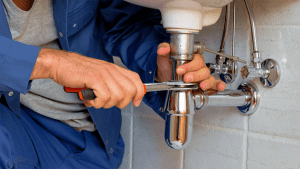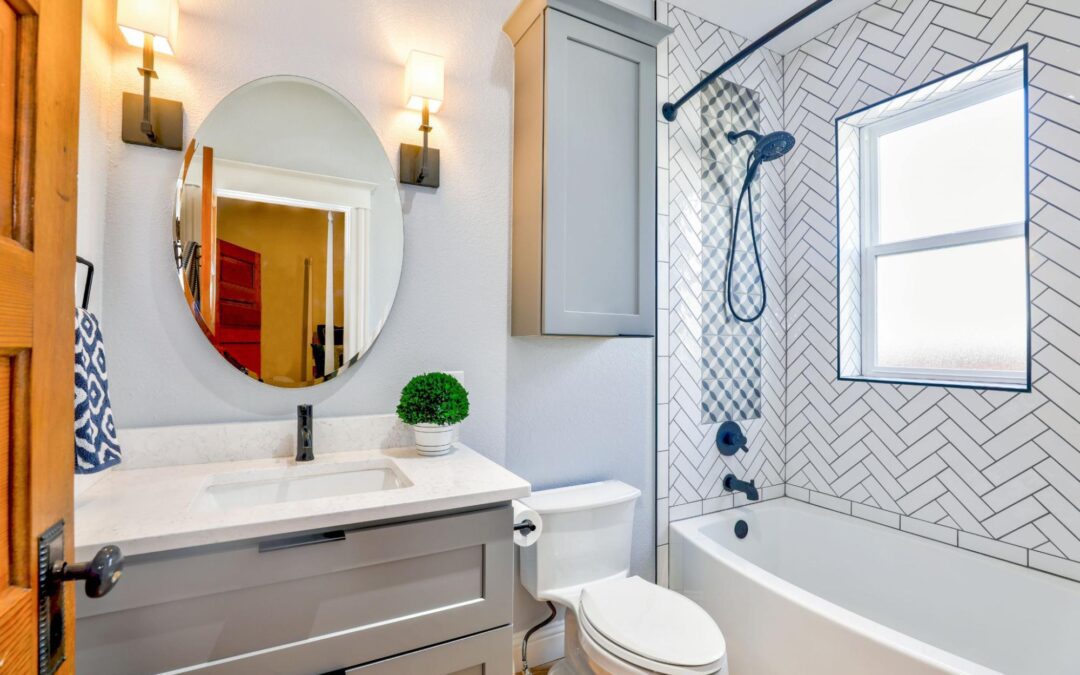DIY Plumbing: Know When to Call a Pro
Many homeowners take pride in their DIY skills, especially when it comes to home repairs. However, plumbing issues can quickly become complicated and overwhelming. Understanding when to tackle a plumbing project yourself and when to call in a professional can save you time, money, and frustration. In this article, we will explore common plumbing problems, DIY solutions, and signs that indicate it’s time to hire a plumber.
1. Common Plumbing Issues
Before deciding whether to handle a plumbing issue yourself, it’s essential to understand the most common problems homeowners face. Here are a few frequent plumbing issues:
Clogged Drains
Clogged drains are a nuisance that most homeowners encounter at some point. They can occur in sinks, showers, or toilets, leading to slow drainage or complete blockages. While minor clogs can often be resolved with a plunger or a drain snake, more severe blockages may require professional assistance.
Leaky Faucets
A leaky faucet can waste a significant amount of water over time and increase your water bill. Often, leaky faucets can be fixed by replacing a worn washer or O-ring, making this a suitable DIY task for many homeowners.
Running Toilets
A running toilet can be annoying and wasteful. Common causes include a faulty flapper, improperly adjusted float, or a clogged inlet valve. These issues can often be resolved with basic tools and a little troubleshooting.
2. When to Attempt a DIY Fix
Some plumbing problems are manageable for DIY enthusiasts, especially if you have basic tools and some plumbing knowledge. Here are instances where you might consider a DIY approach:
Minor Clogs
If your sink or shower is draining slowly but not completely blocked, you can often clear the clog with a plunger or a drain snake. Start with a plunger, and if that doesn’t work, try using a drain snake or a mixture of baking soda and vinegar for natural unclogging.
Leaky Faucets
Fixing a leaky faucet is a straightforward project for most homeowners. You’ll need a few basic tools, such as a wrench and screwdrivers, along with replacement parts available at your local hardware store. Most faucet leaks are caused by worn washers or O-rings, which are easy to replace.
Replacing Showerheads
Upgrading your showerhead to a water-efficient model can enhance your shower experience while saving water. This project typically requires only a wrench and can be completed in a few minutes. Just remember to use Teflon tape on the threads to prevent leaks.
3. When to Call a Professional

While some plumbing tasks are within reach for DIY enthusiasts, others require the expertise of a licensed plumber. Here are situations where calling a pro is advisable:
Severe Clogs
If you’ve tried plunging and snaking your drains without success, it may be time to call in a professional. Severe clogs may be indicative of deeper issues within the plumbing system, such as tree root intrusion or damaged pipes. A plumber has the necessary equipment to diagnose and resolve these problems effectively.
Pipe Leaks
Leaking pipes can cause significant damage if not addressed promptly. If you notice water stains on walls or ceilings, or if your water bill unexpectedly rises, it could indicate a hidden leak. Identifying and repairing pipe leaks often requires specialized tools and expertise, making it best to leave this task to a professional.
Water Heater Issues
Water heater problems can range from strange noises to leaks or inadequate heating. While minor maintenance tasks, such as flushing the tank, can be done by homeowners, more complex repairs or installations should be handled by a qualified plumber. Improper handling of water heaters can lead to safety hazards, including gas leaks or water damage.
4. The Risks of DIY Plumbing
While DIY plumbing can save money, it also comes with risks. Understanding these risks can help you make informed decisions about your plumbing projects:
Potential for Damage
Improper repairs can lead to further damage, potentially costing you more in the long run. For example, a small leak that is not fixed correctly can turn into a significant plumbing issue, leading to water damage and costly repairs.
Code Violations
Plumbing work is often subject to local building codes and regulations. Failing to comply with these codes can lead to fines, difficulties when selling your home, or issues during inspections. Hiring a licensed plumber ensures that your work meets all necessary codes.
Safety Concerns
Some plumbing tasks can be dangerous, especially those involving gas lines or electrical components. If you’re not experienced in these areas, it’s safer to leave the work to professionals. Plumbers are trained to handle these situations safely and effectively.
5. Tips for Successful DIY Plumbing
If you choose to tackle a plumbing project on your own, here are some tips to ensure success:
Do Your Research
Before starting any plumbing project, take the time to research the issue. Watch tutorial videos, read guides, and gather information about the tools and materials you’ll need. Knowledge is key to a successful DIY repair.
Invest in Quality Tools
Having the right tools can make a significant difference in your ability to complete a plumbing project successfully. Invest in quality plumbing tools such as wrenches, pliers, plungers, and pipe cutters. A well-stocked toolbox will prepare you for various DIY tasks.
Know Your Limits
It’s essential to know your skill level and when to seek help. If you’re feeling uncertain about a project or if it involves complicated plumbing systems, don’t hesitate to call a professional plumber. It’s better to be safe than sorry.
Conclusion
DIY plumbing can be a rewarding experience for homeowners looking to save money and learn new skills. However, knowing when to call a professional is crucial to prevent potential damage and ensure your plumbing system operates efficiently. By understanding common plumbing issues, assessing your DIY capabilities, and recognizing when to seek help, you can effectively manage your home’s plumbing needs. Whether you tackle minor repairs yourself or enlist a professional for complex issues, maintaining your plumbing system is vital for the comfort and functionality of your home.

